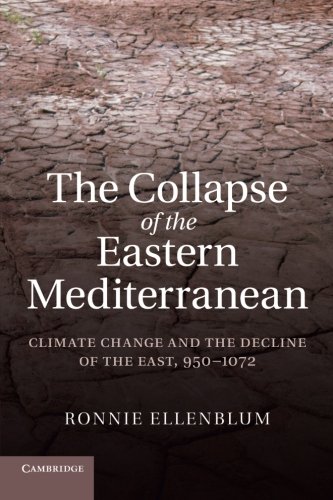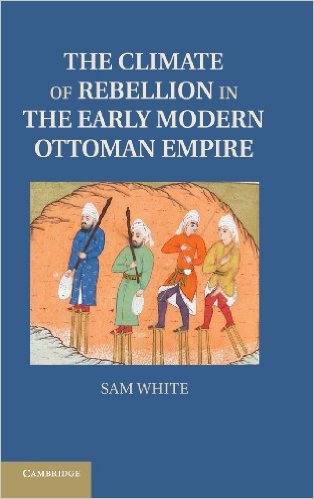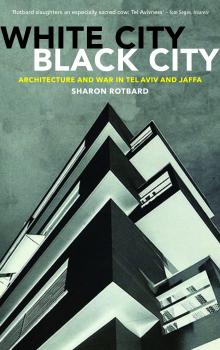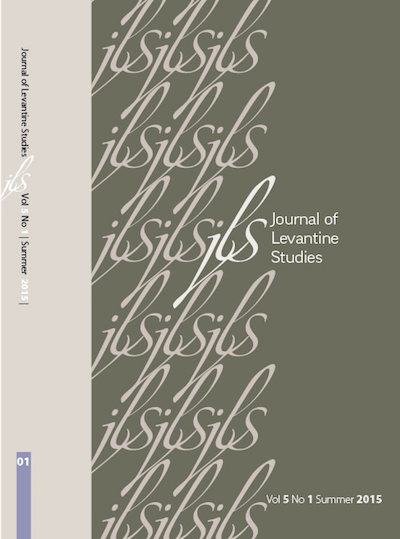-
Subscribe NowQuick view
Private: Print Individual Subscription
$60.00 for 1 yearSubscribe NowQuick view -
Subscribe NowQuick view
Private: Print+Online Individual Subscription
$80.00 for 1 yearSubscribe NowQuick view -
Add to cartQuick view
Review Essay: Self, Family, and Society: Individual and Communal Reflections on the Armenian Genocide
Free!Nazan Maksudyan
Review Essay of:
Karnig Panian, Goodbye Antoura: A Memoir of the Armenian Genocide. Stanford, CA: Stanford University Press, 2015. 216 pp.
Douglas Kalajian, Stories My Father Never Finished Telling Me:
Living with the Armenian Legacy of Loss and Silence. Boynton
Beach, FL: 8220 Press, 2014. 259 pp.Robert Aram Kaloosdian, Tadem, My Father’s Village:
Extinguished during the 1915 Armenian Genocide. Portsmouth,
NH: Peter E. Randall Publisher, 2015. 352 pp.Add to cartQuick view -
Add to cartQuick view
Ronald Grigor Suny, “They Can Live in the Desert but Nowhere Else”: A History of the Armenian Genocide. Princeton, NJ: Princeton University Press, 2015. 520 pp.
Ronald Grigor Suny, “They Can Live in the Desert but Nowhere Else”: A History of the Armenian Genocide. Princeton, NJ: Princeton University Press, 2015. 520 pp.
$5.00Free!Add to cartQuick view -
Add to cartQuick view
Ronnie Ellenblum. The Collapse of the Eastern Mediterranean: Climate Change and the Decline of the East, 950-1072. Cambridge: Cambridge University Press, 2012. 270 pp.
Ronnie Ellenblum. The Collapse of the Eastern Mediterranean: Climate Change and the Decline of the East, 950-1072. Cambridge: Cambridge University Press, 2012. 270 pp.
$5.00Free!Add to cartQuick view -
Add to cartQuick view
Sam White. The Climate of Rebellion in the Early Modern Ottoman Empire. Cambridge: Cambridge University Press, 2013. 352 pp.
Sam White. The Climate of Rebellion in the Early Modern Ottoman Empire. Cambridge: Cambridge University Press, 2013. 352 pp.
$5.00Free!Add to cartQuick view -
 Add to cartQuick view
Add to cartQuick viewSamir Naqqash and His Polyglotic Literature in the Age of National Partition
Free!Against the backdrop of the national and colonial era and the rise of the monolingual national literature, this article explores Samir Naqqash’s literary work as a case study of multilingual writing in a monolingual literary reality, where there is a sharp gap between the language of the text and the expectations of the readership and its language. Through an exploration of Naqqash’s literary work, the article focuses on questions of multilingualism, translation, and literature along the borderlands of the modern Hebrew and Arabic languages and literatures. It examines the ways in which Naqqash’s work defies and resists the dominant nationalistic and monolingual trend in both Arabic and Hebrew literature and represents a unique and subversive poetic and linguistic model that blends spoken and literary languages, transcending the religious and national divide while simultaneously intersecting the different literary traditions from a wide geographical and cultural context, facing both East and West.
Add to cartQuick view -
Add to cartQuick view
Sean Roberts. Printing a Mediterranean World: Florence, Constantinople, and the Renaissance of Geography I Tatti Studies in Italian Renaissance History. Cambridge, MA: Harvard University Press, 2013. 293 pp.
Sean Roberts. Printing a Mediterranean World: Florence, Constantinople, and the Renaissance of Geography I Tatti Studies in Italian Renaissance History. Cambridge, MA: Harvard University Press, 2013. 293 pp.
$5.00Free!Add to cartQuick view -
Add to cartQuick view
Skin Color Stratification in Israel Revisited
Free!Colorism refers to social stratification systems based on skin color. Colorism in Israel is significant because Israel is very ethnically stratified, a fact confirmed by the few scholarly works that have examined the subject. These works, however, do not employ the interests, methods, or key issues of colorism as a distinct academic field. The present study critically analyzes these works through the lenses of colorism scholarship in other national and cultural contexts. We found that existing studies focus on three themes: Jews of Ethiopian descent, with little attention to other groups; processes of attaching values to color categories, rather than the construction of the categories themselves; and the stigmatization by skin color of some marginalized groups.
Add to cartQuick view -
Subscribe NowQuick view
Small Institution: Online Subscription
$180.00 for 1 yearSubscribe NowQuick view
- Home
- About JLS
- Issues
- Vol. 9 No. 1 | Summer 2019
- Vol 8 No 2 Winter 2018
- Vol. 8, No. 1: Summer 2018
- Vol. 7, No. 2: Winter 2017
- Vol. 7, 1: Summer 2017
- Vol. 6, Summer/Winter 2016
- Vol. 5, No. 2 Winter 2015
- Vol. 5, No. 1 Summer 2015
- Vol. 4, No. 2 Winter 2014
- Vol. 4, No. 1 Summer 2014
- Vol. 3, No. 2 Winter 2013
- Vol. 3, No. 1 Summer 2013
- Vol. 2, No. 2 Winter 2012
- Vol. 2, No. 1 Summer 2012
- Vol. 1, No. 2 Winter 2011
- Vol. 1, No. 1 Summer 2011
- Blog
- dock-uments
- Subscribe
- Submit
- Contact










